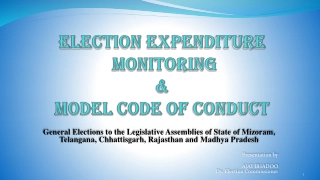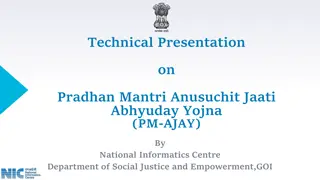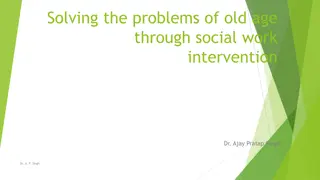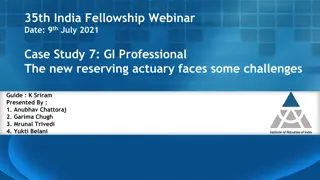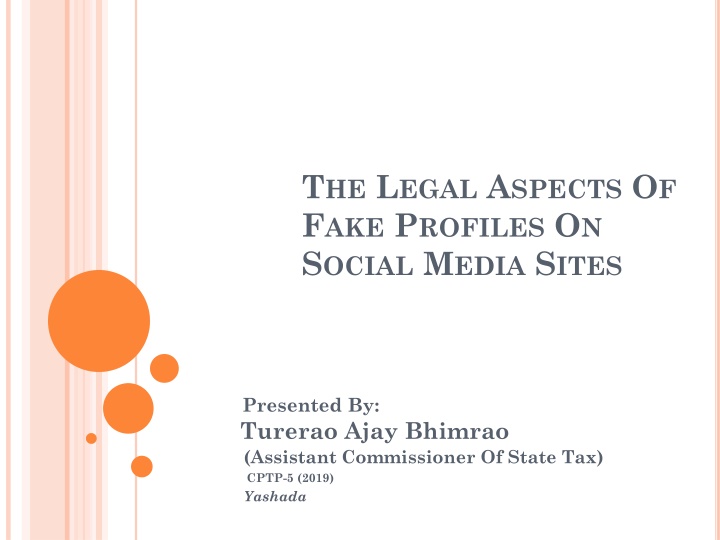
Legal Implications of Fake Profiles on Social Media Sites
Understanding the legal aspects of fake profiles on social media sites, including the definition of fake profiles, related problems such as cyberstalking and cyber defamation, and the sections of the Information Technology Act dealing with impersonation and offensive data transmission. Discover the rise in cybercrimes involving fake profiles and the potential legal consequences for those involved.
Uploaded on | 1 Views
Download Presentation

Please find below an Image/Link to download the presentation.
The content on the website is provided AS IS for your information and personal use only. It may not be sold, licensed, or shared on other websites without obtaining consent from the author. If you encounter any issues during the download, it is possible that the publisher has removed the file from their server.
You are allowed to download the files provided on this website for personal or commercial use, subject to the condition that they are used lawfully. All files are the property of their respective owners.
The content on the website is provided AS IS for your information and personal use only. It may not be sold, licensed, or shared on other websites without obtaining consent from the author.
E N D
Presentation Transcript
THE LEGAL ASPECTS OF FAKE PROFILES ON SOCIAL MEDIA SITES Presented By: Turerao Ajay Bhimrao (Assistant Commissioner Of State Tax) CPTP-5 (2019) Yashada
# WHAT ARE FAKE PROFILES ? A fake profile is the representation of a person, organization or company that does not truly exist, on social media. Often these accounts use names and identities that not only look real but are designed to get closer access to specific people and their target audience. These fake profiles are often used to commit cybercrime anonymously or with an untraceable identity. It s definitely alarming that there has been a 168% rise in such cybercrimes in the last one year.
PROBLEMS RELATED TO FAKE PROFILE Cyber stalking Cyber Defamation Cyber Extortion Sending Malicious Links And Carrying Out Financial Frauds To Spread Misleading Information and propaganda to a Larger Audience. Spying sensitive information related to national security by hackers.
LEGAL ASPECTS SECTION 66D of the Information Technology Act, 2000 deals with CHEATING BY PERSONATION USING COMPUTER OR COMPUTER DEVICE, which brings within its ambit fake social media profiles. Whoever, by means for any communication device or computer resource cheats by personating, shall be punished with Imprisonment of either description for a term which may extend to Three years and shall also be liable to fine which may extend to one lakh rupees.
Section 66 A of the Information Technology Act, 2000 which makes using a computer or communication device to send data which is injurious or offensive an offence. It states that: Any person who sends, by means of a computer resource or a communication device,- (a) Any information that is grossly offensive or has menacing character; or
(b) any information which he knows to be false, but for the purpose of causing annoyance, inconvenience, danger, obstruction, insult, injury, criminal intimidation, enmity, hatred, or ill will, persistently makes by making use of such computer resource or a communication device, (c) any electronic mail or electronic mail message for the purpose of causing annoyance or inconvenience or to deceive or to mislead the addressee or recipient about the origin of such messages shall be punishable with imprisonment for a term which may extend to three years and with fine.
LEGAL RECOURSE A victim must file a complaint with the cyber crime cell or Adjudicating Officer in the format mentioned in the Information Technology Act, 2000 with the fees payable. Also, the victim must contact the intermediary to take temporary action against the offender. It is always advisable to interact with people you personally know on social media, however, if you do interact with people you don t know well it is best to check out mutual friends. If you do spot any fake profiles on social media, you must report the same, as you not only will save yourself from cyber crimes, but also many others who could fall prey to such scammers.

